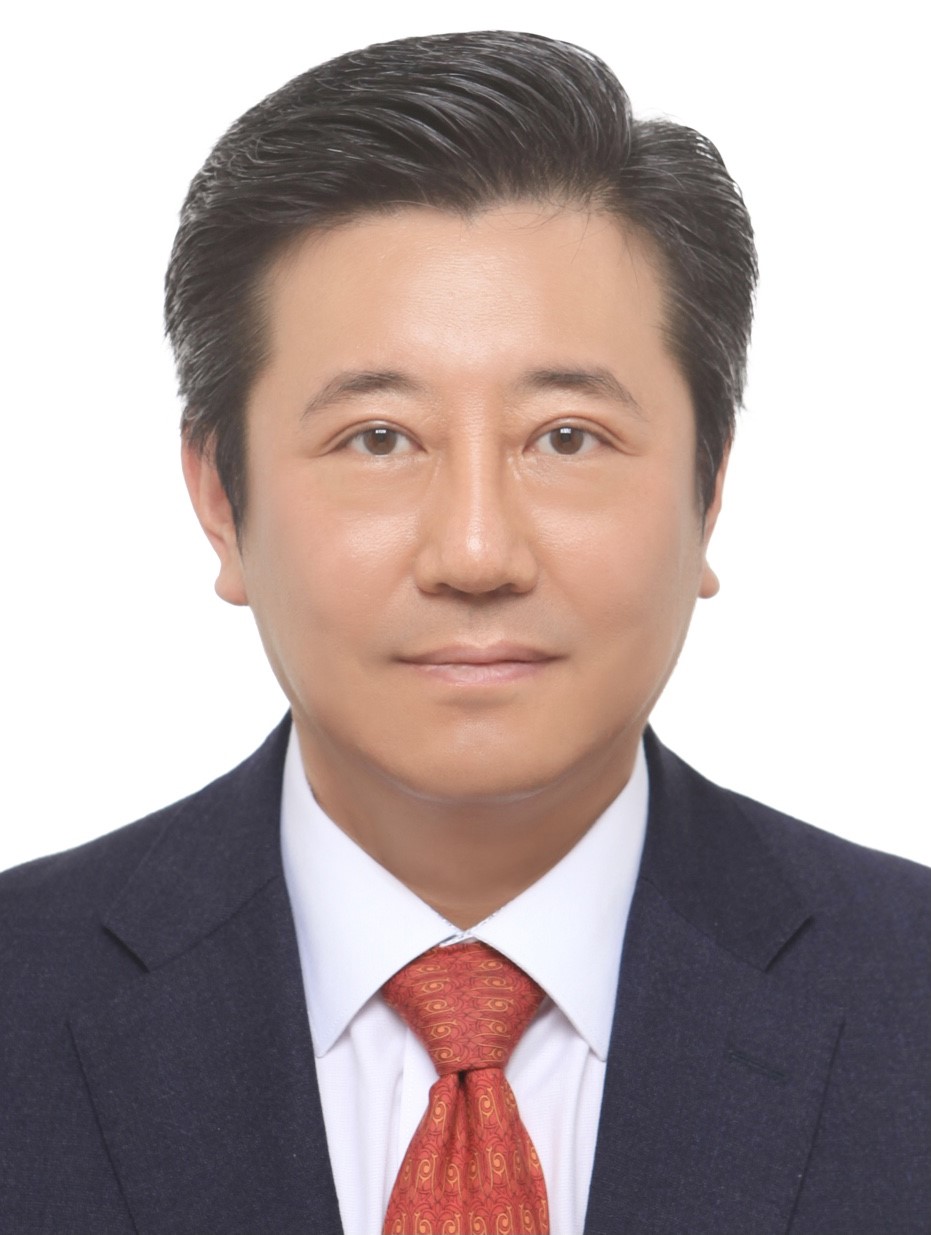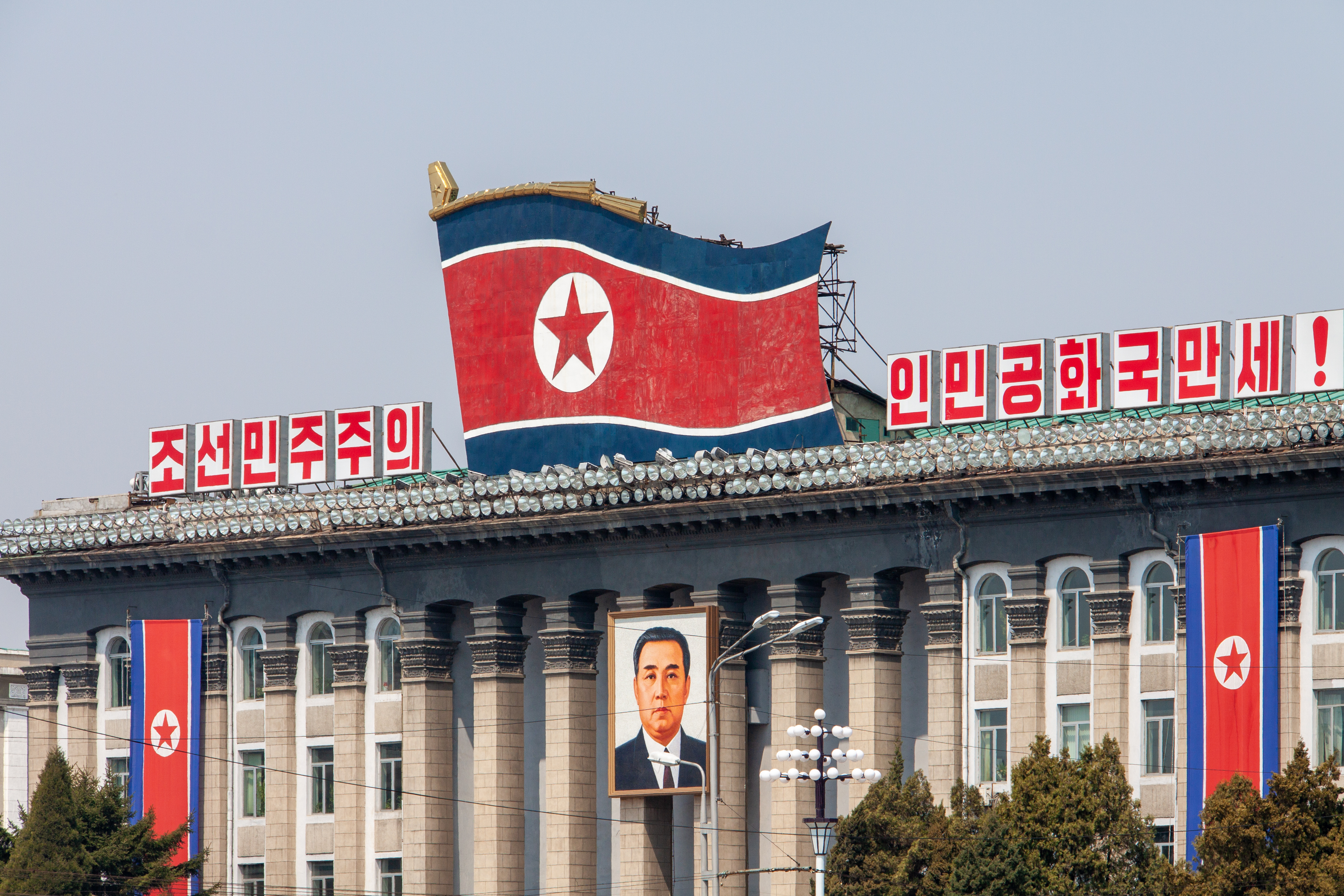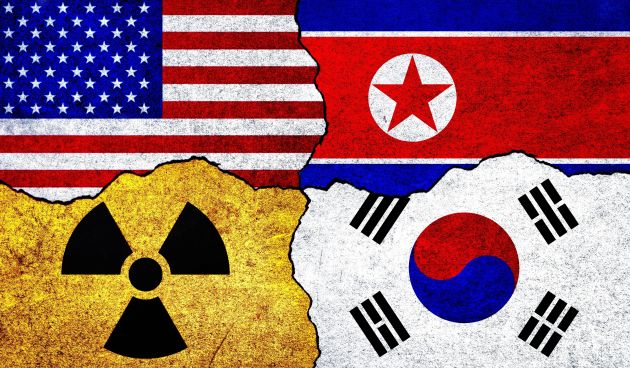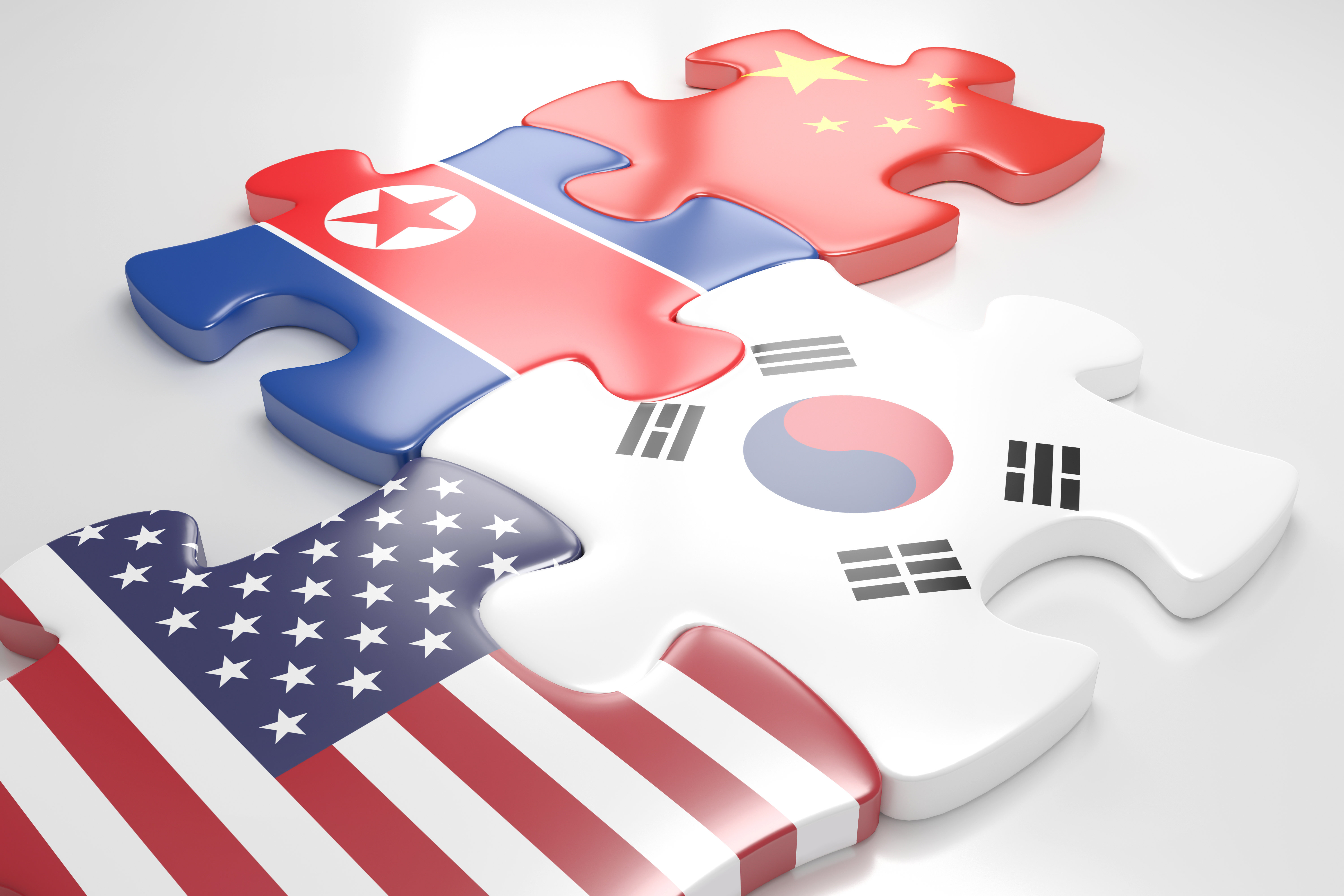1. Introduction
The National Congress of the Communist Party of China (hereinafter NCCPC) is one of the largest political events in China. Representatives from all regions and various occupational groups gather once every five years to elect about 200 central committee members, along with central committee candidates, the Central Commission for Discipline Inspection, and deal revisions to the party’s constitution. The selected list of 2296 delegates of the 20th National Congress among 96.7 million members of the NCCPC was officially announced on September 25th, 2022, and the event was held for seven days from October 16th to 22nd along with the opening declaration by Premier Li Keqiang at the Great Hall of the People in Beijing.
The biggest reason why the National Congress received great attention, both domestically and abroad, along with whether General Secretary Xi Jinping will serve his third term, would be the “Work Report”, a report delivered by Xi Jinping himself. The “Work Report” consists of the accomplishment and evaluation of the past five years and lays out the ideological and political framework behind each key policy sector for the next five years. In this 20th National Congress, Xi Jinping delivered the 14,400-word-long “Work Report” for an hour and 44 minutes. Notably, the report mainly emphasized the words “national security” and “socialism with Chinese characteristics,” while issues such as Chinese-style modernization, building a “great modern socialist country,” the unification of Taiwan, “common prosperity,” non-public economy (the private sector), and maintenance of zero-COVID policy have also drawn much attention.
2. China’s Foreign Policy as mentioned in the “Work Report”
2-1. Recent State of Affairs in the Korean Peninsula
After its launch in May 2022, the Yoon Seok-yeol government has set clear its political inclination towards strengthening the U.S.-ROK alliance and regional security cooperation with the United States and Japan. In particular, the South Korean government agreed to reactivate the U.S.-ROK Extended Deterrence Strategy and Consultation Group (EDSCG), a countermeasure against North Korea’s nuclear and missile buildup, while promising to upgrade ROK-U.S. relations into a “global comprehensive strategic alliance” via the first summit meeting in May 2022. The Yoon government also actively participated in ameliorating relations with Japan and resumed joint military exercises with the United States, which were scaled down or ceased during the previous Moon government.
On the other hand, North Korea has counteracted this approach by consecutive missile launches, while also showing signs of preparing for a nuclear test. With tensions rising on the Korean peninsula, the USS Ronald Reagan (CVN 76), a nuclear-powered aircraft, arrived in Busan on September 23rd, conducting joint maritime drills, as well as joint anti-submarine and anti-missile drills with South Korea and Japan from the 26th to 29th. These events are distressing from China’s perspective, as they took place a month before China’s 20th National Congress. This continued even to October, as the USS Ronald Reagan returned to the waters east of South Korea due to North Korea’s continued missile launches, where it conducted another joint maritime drill in the East Sea on the 7th and 8th of October.
On October 13, while tensions continued to rise on the Korean Peninsula, Xi Jinping replied to Kim Jong-un’s congratulatory letter on the 73rd anniversary of China’s National Day, just three days before the 20th National Congress. In the letter, Xi stated that there is an “ongoing serious and complicated change in the international and regional situation” and that it is becoming increasingly important to “promote the strategic communication between the two countries and strengthen unity and cooperation.” Soon after, the Central Committee of the Worker’s Party of North Korea sent another congratulatory letter for the opening of China’s National Congress, remarking that the two countries will continue to mutually support each other and cooperate under the “unprecedented and convoluted international situation.”
Taking these into consideration, the two countries are expected to maintain their strategic cooperation to promote their national interests on the Korean peninsula and East Asia, including their respective relations with the United States. On the other hand, however, strategic mistrust between the two countries lingers. In particular, complaints and concerns will increase in China over the strengthening of the South Korea-U.S.-Japan regional security cooperation due to North Korea’s continuous missile provocations. This is because the political leaders of China, including Xi Jinping himself, believe that while South Korea, the U.S., and Japan strengthen their ties ostensibly for increased deterrence towards North Korea, the trilateral security cooperation will eventually threaten China under the lead of the United States.
2-2. China’s Security Concerns and Commitment for Military Buildup: U.S.-China Relations and Unifying Taiwan
When General Secretary Xi Jinping presented his work report to the Congress of the ruling Communist Party, he said that the Chinese military would intensify military training and combat preparedness to fight and win. He also vowed to increase investments to advance the People’s Liberation Army as a world-class military, followed by his commitment to reunify Taiwan for the “rejuvenation of the Chinese nation.” Xi’s those comments in the “report” encapsulated China’s military and security concerns from its strategic competition with the U.S., the political and strategic importance of the Taiwan issue, and the resulting urgency for a military buildup.
(A) The U.S.-Led North Atlantic Treaty Organization (NATO) and the Military/Strategic Connection of the Indo-Pacific Region
In the “report” for China’s 20th National Congress, China’s “security” was mentioned 91 times, including 29 times of “national security.” The fact that the term “Socialism with Chinese characteristics” appeared 33 times, and “common prosperity,” Xi’s political slogan emphasizing economic redistribution, was only mentioned eight times, indicates the Communist Party of China’s (CPC). focus on security issues. One of the main reasons for China’s growing security concerns is the recent U.S.-led movement to align defense and security objectives between NATO and its alliances and partners in the Indo-Pacific region amid intensifying strategic competition between the U.S. and China.
From China’s perspective, the U.S. has been pressuring Russia through NATO in Europe and pressuring China through its Indo-Pacific strategy in Asia. However, major European Union (EU) and NATO countries have recently released their Indo-Pacific strategies, strategic guidelines, or integrated strategy reports pertaining to the Indo-Pacific, embodying their strategic interest and commitment to the region. A few notable examples are Germany’s “Policy guidelines for the Indo-Pacific region: Germany–Europe–Asia: shaping the 21st century together” in September 2020; the Netherlands’ “Indo-Pacific: Guidelines for strengthening Dutch and EU cooperation with partners in Asia” in November 2020; the United Kingdom’s “Integrated Review 2021: Global Britain in a Competitive Age: Integrated Review of Security, Defence, Development and Foreign Policy” in March of 2021; France’s “La strategie de la France dans I’Indopacifique (France’s Indo-Pacific Strategy)” in April 2021, followed by the “EU strategy for cooperation in the Indo-Pacific” released by the EU in September.
Along with this, British, French, German and Dutch naval warships conducted joint military exercises around the South China Sea with the United States or activities in the Indo-Pacific region in 2021, stepping up military and security pressure on China. In September of that same year, the Australia-United Kingdom-United States (AUKUS) trilateral security pact was established. In June 2022, the leaders of NATO’s four Indo-Pacific partners-the “Asia-Pacific four” (AP4) ROK, Japan, Australia, and New Zealand-were invited to the NATO summit.
China strongly condemned the AP4 countries’ participation in the NATO summit. However, the fundamental reason behind China’s rebuff is that the United States has been strengthening the strategic pressure against China by strengthening the ties between its allies and partner states in the Indo-Pacific region and NATO. In the same breath, China’s concerns on military and security issues vis-a-vis the U.S. have inevitably grown.
(B) The Political Burden and the Strategic Value of Unifying Taiwan
Concerning the Taiwan question, President Xi Jinping delivered his message through the “Report” that “China will continue to strive for the foreground of a peaceful unification with the greatest sincerity and utmost effort, but will never promise to renounce the use of force, and we reserve the option of taking all measures necessary (选项).” President Xi also remarked that this is “directed solely at interference by outside forces and the few separatists seeking ’Taiwan independence(台独)’ and their separatist activities; it is by no means targeted at our Taiwan compatriots” and emphasized that “complete reunification of our country must be realized, and it can, without doubt, be realized.”
As President Xi Jinping implied that military options against Taiwan were not off the table, cross-strait relations, in addition to U.S.-China relations, are likely to be strained in the future. By limiting the target of China’s military force to the “interference by outside forces” (which practically signifies the United States), and “Taiwan independence separatists,” (alluding to President Tsai Ing-wen and the supporters of the Democratic Progressive Party), China can be seen to be reaching out to the average citizens of Taiwan and the Chinese Nationalist Party to minimize the cross-strait conflict. However, it can also be interpreted as China’s attempt to sow political division within Taiwan and exert its influence over Taiwan’s election, starting from Taiwan’s local government election (in November 2022) to Taiwan’s presidential and vice-presidential elections (in January 2024).
Above all, after the 20th National Congress, China will maintain a steady course to reunify Taiwan to use as a justification to consolidate Xi’s stay in power, and will continuously strengthen preparations for a military buildup. It will also never back down or make concessions on political issues related to Taiwan. As a result, it is expected that the U.S.-China conflict over Taiwan and military tensions in the Taiwan Strait will continue. However, the question remains whether China has the actual military capability to overcome the U.S.’ military and security intervention in the Taiwan Strait and quell Taiwanese resistance.”
Therefore, it is believed that the contents of the “Report” regarding security and the reunification of Taiwan serve the purpose of conveying the Xi Jinping leadership’s political determination for China's sovereignty, territory, and unification, both domestically and abroad. At the same time, the report demonstrates the resolve to diligently prepare the Chinese People's Liberation Army (PLA) over the next five years and develop the capabilities to annex Taiwan by, at the minimum, matching U.S. capabilities in the region.
In the end, the pending issues of the Taiwan Strait will be at a turning point in 2027, and one can expect that cross-strait relations and U.S.-China relations will remain tense. From China’s standpoint, given its insufficient military power and unfavorable domestic and international economic situation, it favors continuing to strengthen its military capabilities while maintaining a hardline political stance, rather than forcibly pursuing Taiwan’s reunification through armed conflict in haste.
In addition, from Xi Jinping’s outlook, 2027, the year of the 21st National Congress, is when he would need to decide whether to run for a fourth consecutive term. The “liberation of Taiwan” could serve as a critical political pretext if Xi was to pursue another term. Moreover, 2027 marks the 100th anniversary of the establishment of the People's Liberation Army of China. To celebrate the centennial of the founding of the armed forces, China has diligently pursued the modernization of its forces, including developing capabilities to resist “interference by outside forces” (the United States) against Taiwan's annexation.
Therefore, without a sudden change in the U.S.’ Taiwan policy in the future, China is more likely to use the next five years to build up its military power until the PLA’s centennial, rather than take a premature military gamble. Finally, variables such as the result of the 2024 Taiwanese presidential election, together with domestic and global economic situations, could come into play concerning China’s stances on Taiwanese reunification.
2-3. Promoting world peace and development and building a Human Community with a Shared Future
In the “Report”, the concept of “Chinese-style modernization” was presented as a concept of domestic policy, following the existing “socialism with Chinese characteristics” and “a great modern socialist country.” Conversely, while foreign policy concepts resurfaced, the “a Human Community with a Shared Future” was underscored. In the “Report”, Xi Jinping said that China will focus on building “a Human Community with a Shared Future” while adhering to a foreign policy of defending world peace and promoting joint development.
In addition, China sought to promote the common values of mankind, advance mutual understanding and friendship among citizens across the world, respect the diversity among civilizations, transcend barriers between civilizations through cultural exchanges and learn each other’s strengths. China also argued for a joint response to various global challenges by overcoming a false sense of cultural superiority through coexistence between civilizations. Through this, the “Report”, as well as being an indirect criticism of the United States, also expressed China’s will to expand its status and influence in the international community and to gain an edge in its strategic competition with the United States by strengthening friendly cooperation with neighboring countries and developing countries.
(A) Indirect criticism of the United States
Nowhere in the 20th National Congress “Report” is the United States directly mentioned. However, under the façade, one can easily observe scathing criticisms of U.S. behavior. For example, in his “Report,” Xi stated that he opposes all forms of hegemonism, coercive politics, Cold War thinking, interference in domestic affairs, and double standards. Most of these are a throwback to the rhetorical terms used by China to criticize U.S. pressure on itself.
China, on the other hand, has declared that it will implement a defense-oriented policy and that it will never seek hegemony or expansion. It also assured that it would uphold the basic principles of international relations based on a UN-centered international order and the UN Charter. Meanwhile, China stated that it opposes “all forms of unilateralism, bloc confrontation targeting specific countries, and small circles built around hegemony.” This was, in effect, a critique of the exclusive liberal bloc of U.S. allies and partner countries targeting a “specific country,” namely China.
Ironically, optimistic prospects of U.S.-China relations have risen on the eve of the 20th National Congress. This was raised by the remarks of Sun Yeli, the spokesperson for the 20th National Congress, in a press conference at the Great Hall of the People, a day before the opening of the 20th National Congress. Sun mentioned that the most important thing in international affairs for the next 50 years is that “China and the U.S. must get along”, which some people considered as a reconciliatory message sent by China toward the United States.
However, the “Report” contained indirect criticisms towards the United States and gaining an edge in strategic competition rather than signs of reconciliation. Consequentially, the chances of China shifting its policy on the United States seem to be low unless unforeseen variables come into play.
(B) Peripheral diplomacy and strengthening cooperation with developing countries
Some of China’s foreign policies stated in the 20th National Congress especially relevant to Korea were mentions about amicable “neighborhood diplomacy” and strengthening ties with developing countries. The NCCPC affirmed adhering to the principles of building strong relations with its neighbors, by the principles of sincerity, mutual trust, and convergence of interest with the neighboring countries. In fact, neighborhood diplomacy, which includes South Korea, has been continuously highlighted since the inauguration of Xi Jinping in 2012, and has reemphasized in the “Report” of the 20th National Congress.
On the other hand, we have seen in the “Report” the intent to expand cooperation with developing countries, as already emphasized recently by the Chinese government. It had been stated that they will invest more resources in global development and cooperation, focus on narrowing the gap between the global North and South, and assist developing countries in accelerating development. Moreover, they also stressed extending the influence of multilateral cooperation organizations such as BRICS and SCO, and ensuring that developing countries and emerging markets have better representation and a greater say in international affairs.
As a matter of fact, China has pushed ahead to promote BRICS Plus, an expanded version BRICS that includes more developing countries, along with the expansion of SCO. This direction could be interpreted as a response to the U.S., which has recently strengthened its policy of pressuring China or decoupling global industrial supply chains from China, such as through the U.S.-EU Trade and Technology Committee (TTC) and the Indo-Pacific Economic Framework (IPEF). In summation, China reconfirmed its intention to extend its influence in the international community and overcome the containment posed by the United States through the expansion of China-led multilateral organizations and strengthened cooperation with developing countries.
3. Conclusion: Prospects and Desirable Response of South Korea
Judging from the 20th National Congress “Report”, China is not expected to significantly change the direction of its present foreign policy stance even after the 20th National Congress. In this respect, amid intensifying U.S.-Chinese competition and China’s aggressive countermeasures towards the United States, President Yoon Seok-yeol’s commitment to strengthen the ROK-U.S. alliance and regional security cooperation among Korea, the U.S., and Japan will continuously raise tensions with China.
However, South Korea and China share common interests in de-escalating regional tensions around the Korean peninsula. Furthermore, Seoul might take advantage of China’s “neighborhood diplomacy.” In addition, although not focused in the article, according to the economic policies laid out by the “Report,” China’s pursuit for technological independence, despite pressures from the U.S., makes Beijing to seek cooperation with Korea in the high-tech industry, including the semiconductor sector. As a result, the fact that China wants to build a cooperative partnership with South Korea and avoid unnecessary conflicts is a positive factor for South Korean-Chinese relations that would last even after the 20th National Congress.
On the other hand, South Korea needs to take into account different possible scenarios that could happen in the Taiwan Strait around 2027 and, considering the gradual escalation of tensions in the region, prepare concrete countermeasures accordingly. Admittedly, it is true that South Korea has limited options on the table as it is an ally of the United States. However, China can also have changes in its Taiwan policy depending on a host of military, security, economic, and political factors, as well as comprehensive national power including military vis-à-vis that of the U.S. Thus, South Korea should keep an eye on the actions of the United States and China across the Taiwan Strait, plan ahead for multiple scenarios including contingencies, and continuously examine changes in the region.■
■ Han Kwon KIM is is an associate professor of the Department of Asian and Pacific Studies and the head of Center for Chinese Studies at Institute of Foreign Affairs and National Security (IFANS), Korea National Diplomatic Academy (KNDA), MOFA. Before joining KNDA, Dr. Kim was a research fellow and the director of the Center for Regional Studies and the Center for China Studies at the Asan Institute for Policy Studies in Seoul, South Korea. He completed a postdoctoral program at Tsinghua University, China, then worked as a research fellow at Tsinghua University’s Institute of International Strategy and Development. He was also a research scholar at the School of International Studies, Peking University, China. Dr. Kim received his B.A. (political science) and M.P.A. from the University of Connecticut at Storrs, USA. He holds a Ph.D. in International Relations from American University, USA. He is co-author of U.S.-China Strategic Competition (Seoul: Paper Road, 2020) and China Complex (Seoul: Asan Institute for Policy Studies, 2014). He has also published articles in several academic books and journals, including “The Implications of the Chinese 'String of Pearls' for the U.S. Return to Asia Policy: the U.S., China, and India in the Indian Ocean" in the Journal of Global Policy and Governance(2013);“Evaluating China’s Soft Power: Dimensions of Norms and Attraction” in Assessing China’s Power Ed by Jae Ho Chung (Palgrave Macmillan, 2015); “U.S.-China Strategic Competition and China’s Multilateral Diplomacy” KNDA IFANS (2021).
■ Typeset by Junghoo Park, Research Associate
For inquiries: 02 2277 1683 (ext. 205) | jhpark@eai.or.kr




